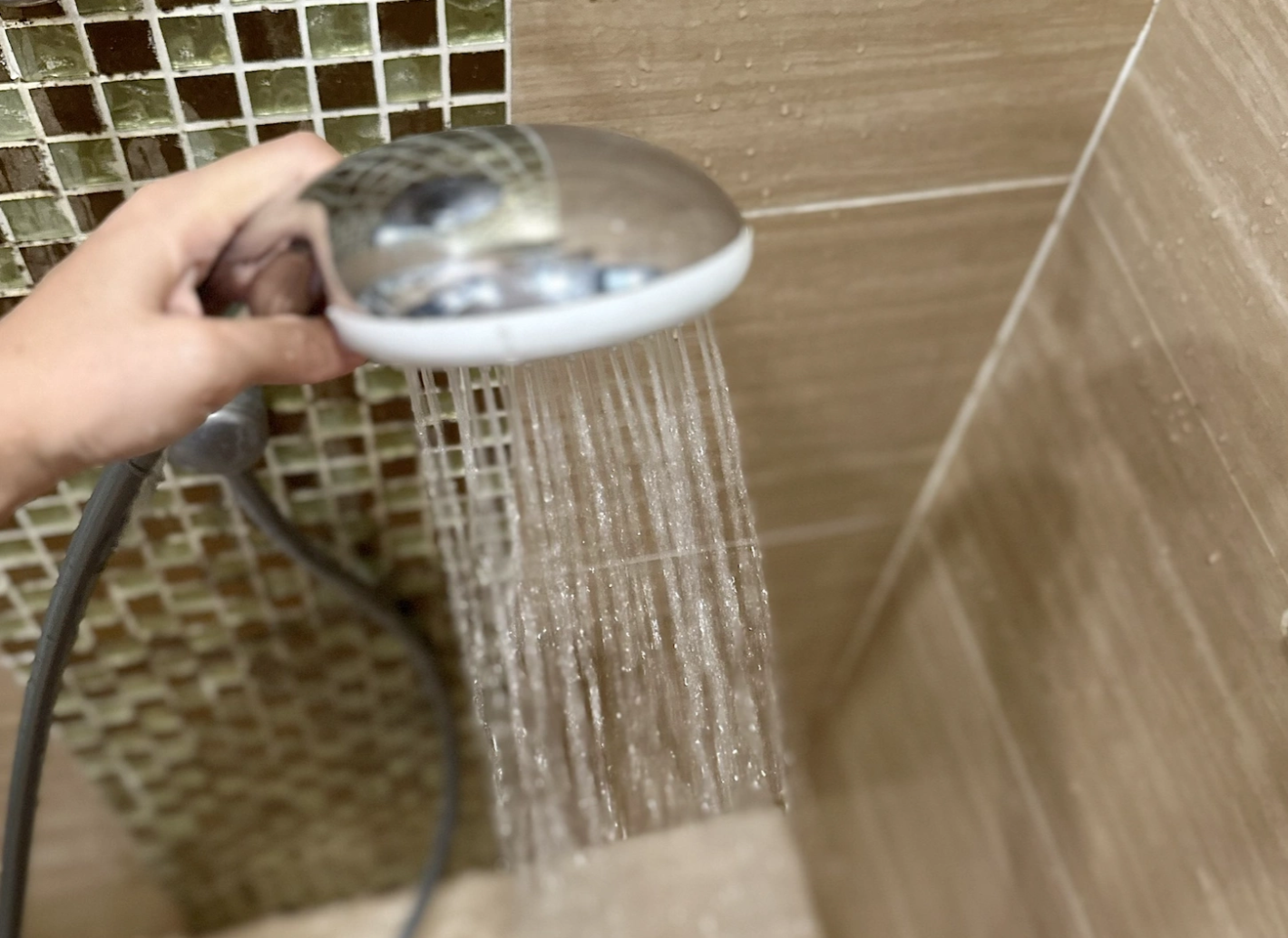According to Dr. Nguyen Thi Diem Huong of the University Medical Center Ho Chi Minh City - Facility 3, during hot weather, many people have the habit of taking a cold shower immediately after being in the sun. However, this habit carries several risks and can directly impact health, even posing life-threatening dangers.
Risk of heart attack and stroke
When the body is exposed to a sudden drop in temperature, blood vessels constrict to reduce heat loss. This can increase blood pressure and the risk of ruptured blood vessels, leading to a stroke. It can also increase strain on the heart and cause electrolyte imbalance, leading to a heart attack, especially in individuals with pre-existing heart conditions.
Being overweight or obese also increases the strain on the cardiovascular system, leading to conditions related to atherosclerosis and high blood pressure. People with sedentary lifestyles who experience sudden temperature changes can also experience excessive reactions, increasing the risk of a heart attack.
 |
The habit of taking a cold shower after sun exposure poses a risk of heart attack and stroke. Photo: Ngoc Pham |
The habit of taking a cold shower after sun exposure poses a risk of heart attack and stroke. Photo: Ngoc Pham
Other harmful effects
Heat shock: Taking a cold shower immediately after being in the sun can cause heat shock due to a sudden drop in body temperature. This is especially common in older adults, whose ability to adapt to temperature changes is reduced.
Mild symptoms of hypothermia include shivering, dizziness, lethargy, fatigue, nausea, and a rapid heart rate. Severe cases can lead to slow and shallow breathing, a slow and weakening heart rate.
Colds: When the body is sweating and radiating heat, taking a cold shower at this time can block pores, preventing sweat from escaping and potentially causing a cold.
Cramps: Sudden muscle contractions can easily lead to cramps. It is advisable to wait at least 20-30 minutes for sweat to dry before showering.
During this time, continuously replenish body fluids by taking small sips of water at regular intervals. Avoid direct exposure to fans or air conditioners to prevent sudden temperature changes.
When showering, avoid pouring water directly over your head. Instead, wet your feet and hands first to allow your body to gradually adapt to the temperature change.
Bronchial spasms: Inhaling cold air while taking a cold shower can trigger bronchial spasms in people with asthma, causing difficulty breathing and chest tightness.
Dr. Huong recommends waiting at least 20-30 minutes for sweat to dry before showering. During this waiting period, she advises continuously replenishing body fluids by taking small sips of water at regular intervals. Avoid direct exposure to fans or air conditioners to prevent sudden temperature changes.
When showering, avoid excessively cold water and pouring water directly over your head. Start by wetting your feet and hands to allow your body to gradually adapt to the temperature change, preventing potential complications.
My Y












